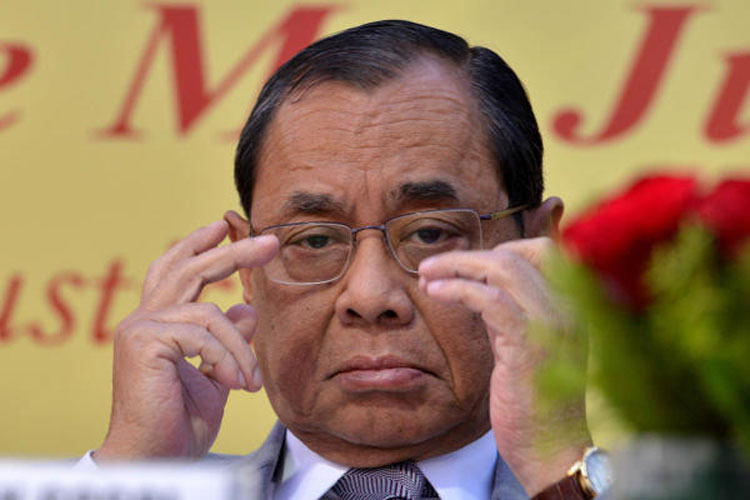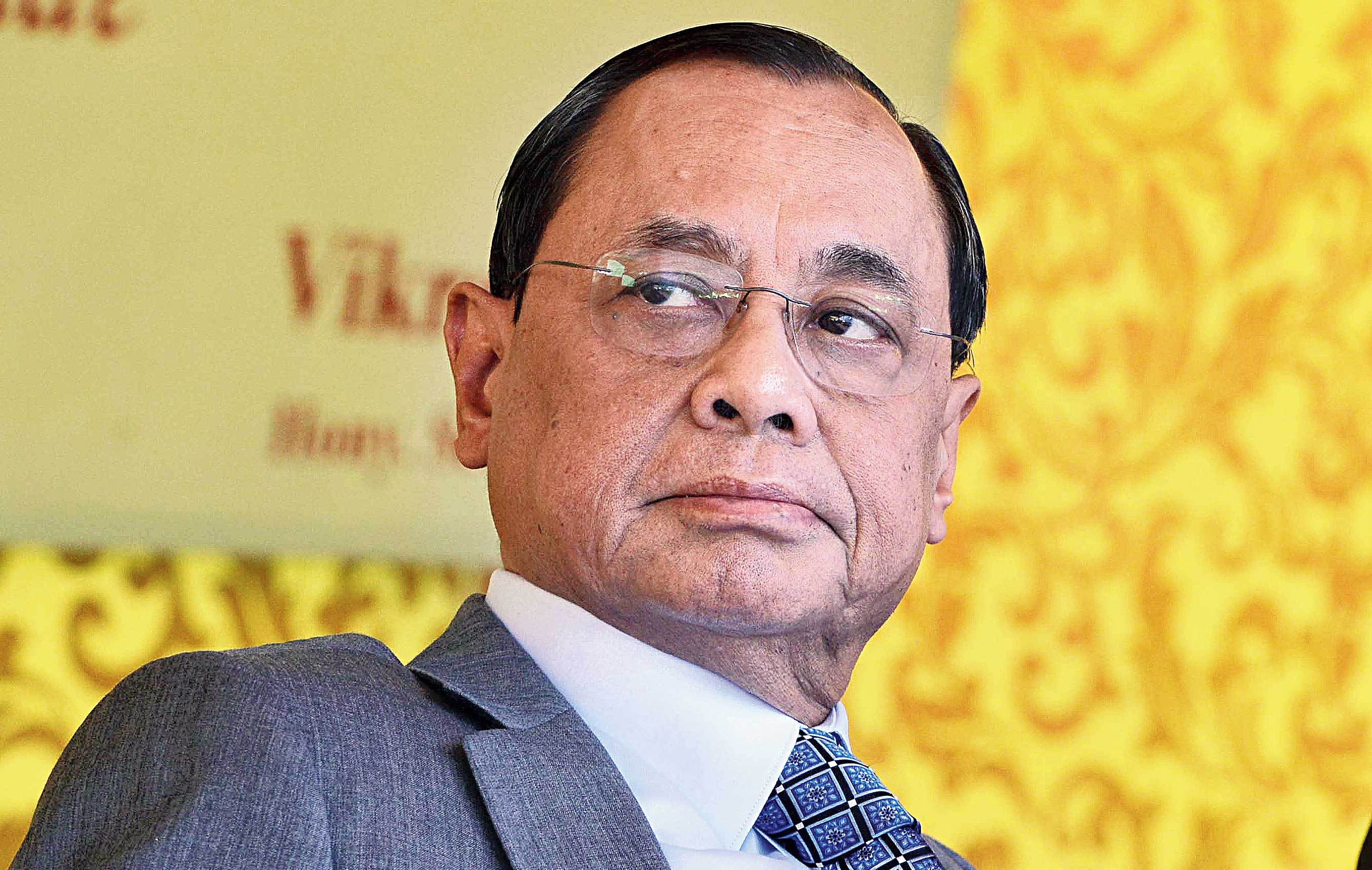In the memorial lecture of the first director of the Central Bureau of Investigation, the chief justice of India, Ranjan Gogoi, articulated his concerns regarding the problems that seem to beset that investigative body. One of these comprises the hurdles the Central agency faces when investigating large-scale crimes in the states. The CJI reportedly remarked that there was an argument to be made for including law and order in the concurrent list. Law and order, or rather public order, is a state subject according to the Constitution. The state, Union and concurrent lists were the outcome of the need to give the newborn democratic republic a strong Central government and empowered states. The lists, therefore, were carefully thought out by the makers of the Constitution to ensure a balanced distribution of powers, crucial to the stability of an edifice perched delicately on a combination of unitary and federalist systems.
The tension between unitary and federal, however, could never be completely eliminated, although for the first few years after Independence, with Congress ruling at the Centre and most states, it did seem almost absent. That situation is now far in the past. Tension between the Centre and states ruled by the Opposition is now quite familiar; in a way, it could be the mark of a dynamic democracy. One of the complaints of Opposition states has traditionally been about excessive intervention by the Centre regarding internal matters of law and order through the medium of the governor, who is supposed to be above politics but is often seen to incline towards the Centre which appoints him. The lists act as buffers against the possibility of the misuse of powers. But after the Bharatiya Janata Party gained undisputed majority at the Centre in 2014, intervention at all levels has also, indisputably, increased. Opposition states need the Constitutional safeguards more than ever before to put a check to what they feel is misplaced intervention. Shifting law and order to the concurrent list would not only unsettle the delicate balance envisaged by the framers of the Constitution but it would also, at the present time, give greater opportunity to the Centre to exercise unilateral power. A rational premise is the firmest buffer against undue pressure. The wisdom behind the lists is being validated in the present political environment.













